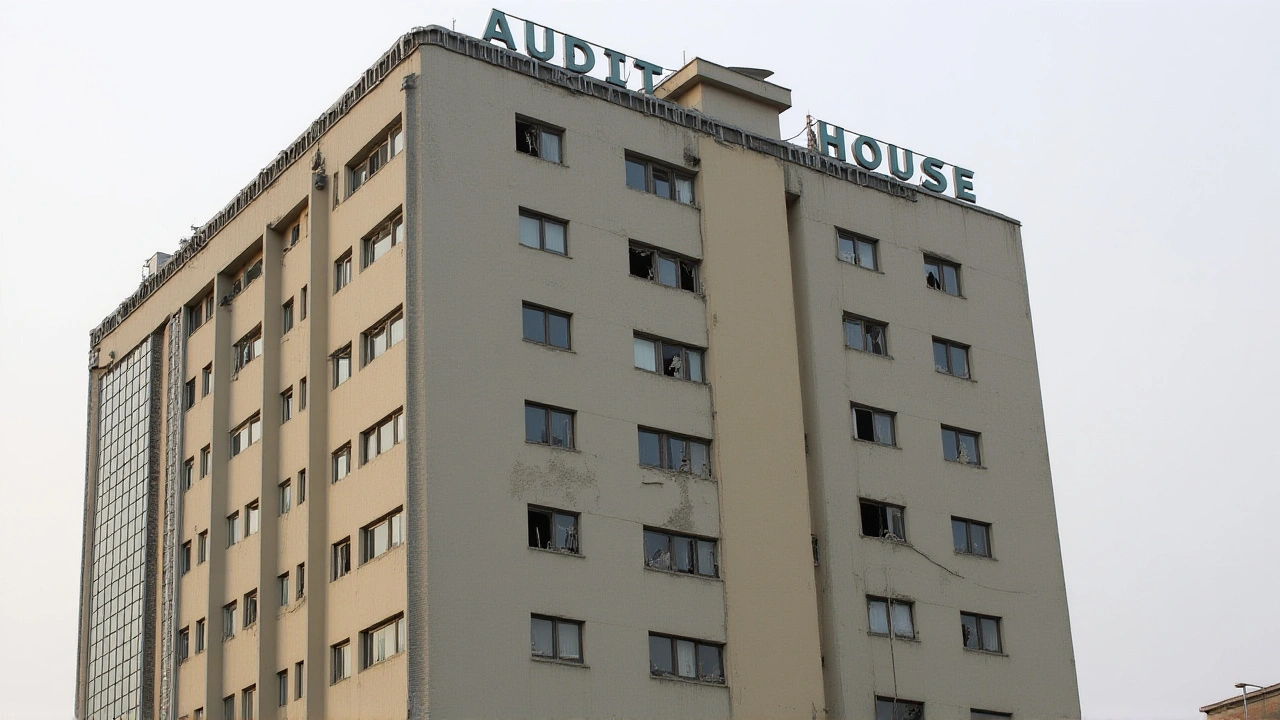Salary Cuts: What They Mean for African Workers and Businesses
When a company announces salary cuts, a reduction in employee pay, often as a response to financial pressure or economic downturn. Also known as pay reductions, it’s one of the most direct ways businesses try to survive without laying people off. In Africa, where many workers live paycheck to paycheck, even a 10% cut can mean skipping meals, delaying school fees, or canceling medical appointments. It’s not just a numbers game—it’s a human crisis.
Salary cuts don’t happen in a vacuum. They’re usually tied to currency depreciation, when a nation’s money loses value against foreign currencies, making imports more expensive and local businesses less profitable. That’s what we saw with the Nigerian naira slipping past N1,450 to the dollar, or when inflation in Kenya forced retailers to rethink payroll. Companies like Dangote Group, which already controls major parts of the fuel and food supply chain, might slash salaries to avoid raising prices on essentials like LPG. But that just shifts the pain from consumers to workers.
It’s not just big corporations. Small businesses across Lagos, Accra, and Kampala are doing the same. A shop owner in Port Harcourt might cut staff hours to keep the lights on. A tech startup in Cape Town might freeze bonuses after losing a major client. These aren’t choices made lightly—they’re survival tactics. But the ripple effect is real: when workers earn less, they spend less. Local markets suffer. Rent goes unpaid. The whole economy slows down.
And it’s not always fair. In some cases, managers keep their bonuses while frontline staff take the hit. In others, salary cuts are announced with no warning, no negotiation, and no transparency. Workers often don’t know if the cuts are temporary or permanent. Some companies use them as leverage to force people out quietly. Others claim they’re rebuilding for growth—but months later, nothing changes.
There’s no single solution. Governments can’t always step in. The Central Bank of Nigeria might boost reserves, but that doesn’t put cash back into workers’ pockets. Unions are weak in many sectors. Legal protections are patchy. That’s why it’s crucial to understand what’s happening around you. Is your employer really losing money—or just trying to squeeze more profit? Are salary cuts happening industry-wide, or just at your company?
What you’ll find below are real stories from across Africa—where salary cuts collided with football clubs, public policy, and everyday life. From Nigeria’s new thesis rule for graduates to the fallout of a court halting police enforcement, these posts show how economic pressure touches every corner of society. Not every story is about payrolls, but they all connect. Because when money gets tight, everything else gets harder.

Nigeria Public Workers to Picket AGF Office Over January-February Salary Cuts
Keabetswe Monyake Nov 17 18Nigeria's federal workers, represented by JNPSNC, plan to picket the Accountant General of the Federation in Abuja on April 3, 2025, over alleged salary cuts in January and February. The union demands payment of arrears and restored allowances.
More Detail